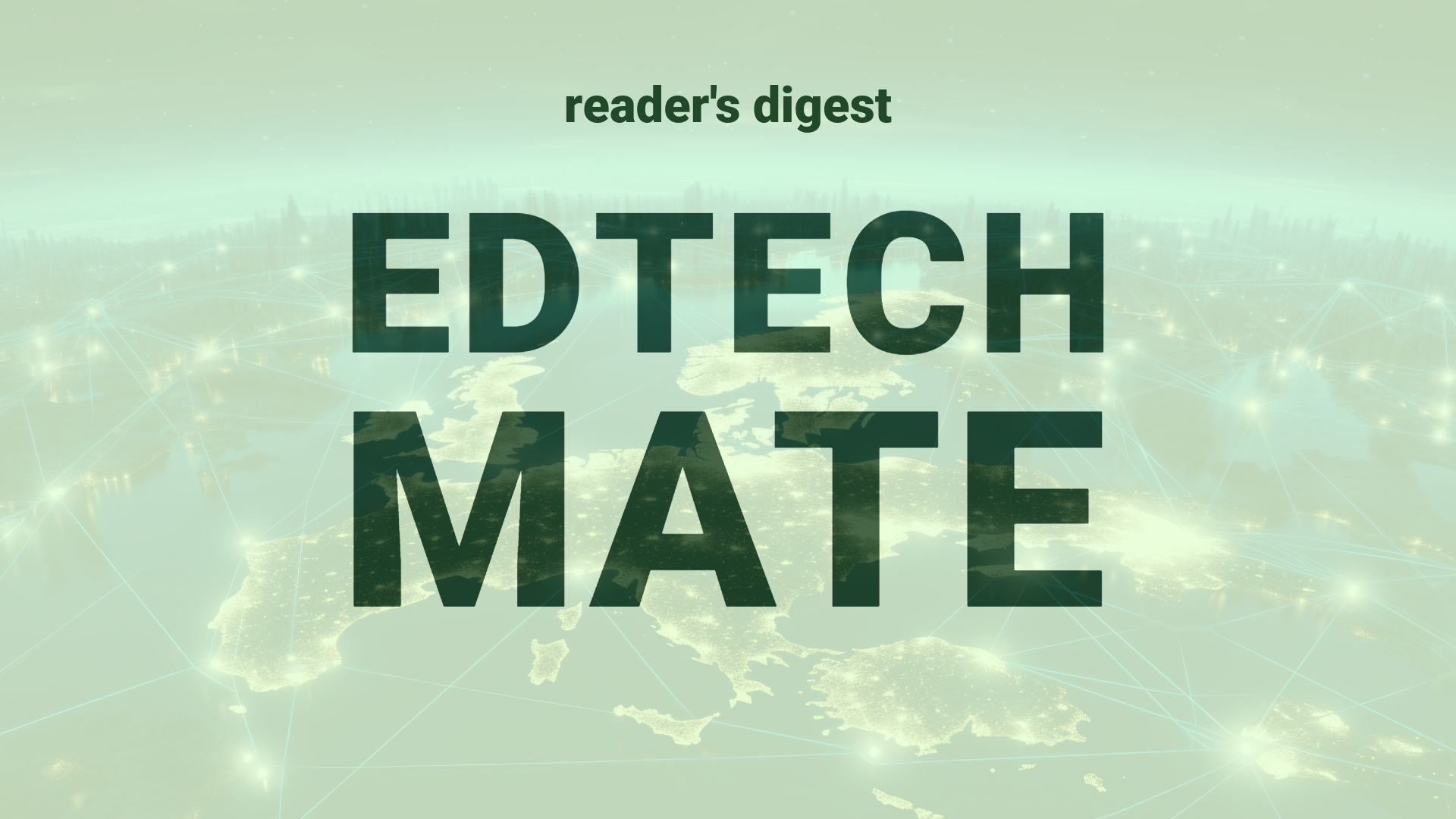“`html
Executive Summary and Main Points
Generative AI (Gen AI) technologies are transforming the knowledge work landscape. Gen AI facilitates content production that rivals human creativity, poised to boost productivity and performance. However, its integration faces challenges due to the autonomous nature of knowledge work. Key disciplines necessary for leveraging Gen AI include behavioral change, controlled experimentation, business value measurement, data management, human capital development, and systems thinking. Although its potential value is compelling, organizations must institute structured capabilities to maximize benefits. Gen AI may not yet guarantee returns without these disciplines in place.
Potential Impact in the Education Sector
In the education sector, these technological advancements could significantly influence Further Education and Higher Education, reshaping curriculum design, research methodologies, and administrative processes. The development of Gen AI can streamline content generation for course materials and foster personalized learning experiences. In the domain of Micro-credentials, Gen AI can automate the credentialing process, validating skills and knowledge in real-time. These changes underscore the importance of strategic partnerships to ensure comprehensive digitalization, aligning with the evolving needs of global education systems.
Potential Applicability in the Education Sector
Gen AI can be innovatively applied in the education sector through AI-driven tutoring systems, automated research and referencing tools, and enhanced virtual learning environments. These digital tools can tailor educational content to meet diverse learners’ needs across global education systems. Moreover, AI-facilitated tools can extend to administrative tasks like student admissions and evaluation, further easing the burden on educational staff and streamlining institutional operations. Such applications require thoughtful integration, emphasizing the value of AI in complementing rather than replacing human expertise.
Criticism and Potential Shortfalls
Gen AI faces criticism for potentially diminishing human roles and introducing ethical dilemmas, such as data privacy concerns and the authenticity of AI-generated content. Comparative international case studies show varying degrees of success, highlighting the need for cultural sensitivity and contextual awareness in tech deployment. Some real-world examples illustrate the gap between AI’s promise and practical utility, necessitating a closer examination of how these tools are calibrated to the cultural and ethical standards of the educational milieu.
Actionable Recommendations
For the education sector to harness the full potential of Gen AI, institutions must prioritize training educators in AI usage, setting clear guidelines for AI-generated content verification, and designing collaborative human-AI systems that enhance learning outcomes. International education leadership should consider pilot projects to test Gen AI tools, ensuring alignment with educational goals and industry standards. Furthermore, establishing interdisciplinary teams to monitor and evaluate the impact of AI on curricula and student engagement can drive strategic innovation in an ethically responsible manner.
“`
Source article: https://hbr.org/2024/07/the-6-disciplines-companies-need-to-get-the-most-out-of-gen-ai

